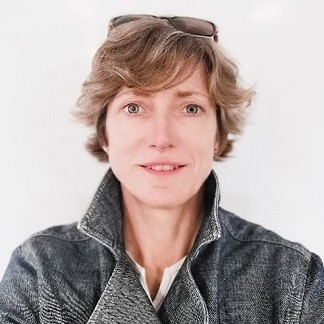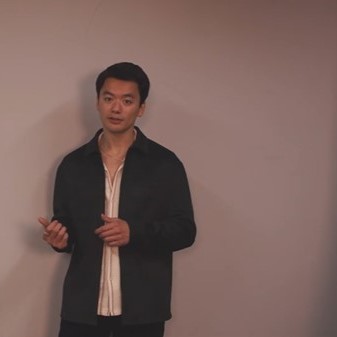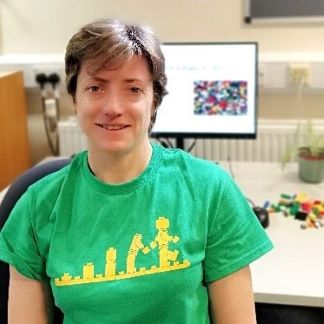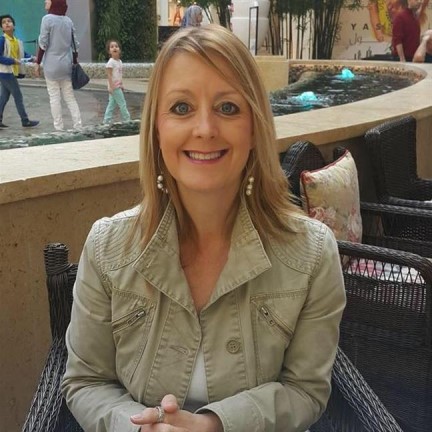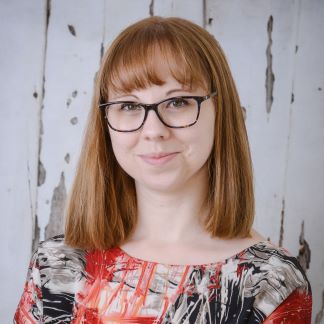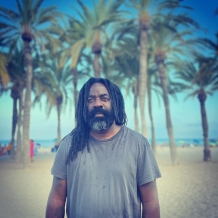Sam Pulman is a postgraduate researcher, School of Education, University of Exeter. Her research is about social work education, and helping children be curious and […]
Blogs
Why everyone should do the Bystander Training
Bystander training equips you to become an active bystander, to skilfully and safely intervene in any potentially harmful situations that you witness on or off […]
Too busy for the Postgraduate Research Showcase? Try it! It’s worth your time.
The 3-minute thesis competition is an excellent opportunity to improve your presentation skills and broadcast your research. Michael Schrauben, PGR in the Medical School, was […]
Little blocks of magic with LEGO® SERIOUS PLAY®
Sam Pulman is a Postgraduate Researcher in the School of Education and a trained facilitator of LEGO® SERIOUS PLAY® method and materials Many people ask […]
Postdoc experience as a member of the Developmental Intergroup Process (DIP) Lab
Bio: Tracey Warren is currently a postdoctoral research associate on an ESRC funded project within the Developmental Intergroup Processes (DIP) Lab (CLES) until the end […]
A toolbox for overcoming challenges and finding your way out of a rut
Kelly Louise Preece is the Researcher Development Manager for PGRs and the Research and EDI Manager. You’ll recognise her face from workshops, her voice from […]
Why do we need a Black Educators Book Club?
Malcolm Richards is an independent doctoral research with the Graduate School of Education at the University of Exeter: https://eprofile.exeter.ac.uk/malcolmrichards/ Camille London-Miyo is […]
Supervising Neurodiverse PGRs
Kelly Louise Preece is the Researcher Development Manager for PGRs and the Research and EDI Manager. You’ll recognise her face from workshops, her voice from […]
Journeys with mindfulness
Bio: Chloe Asker (she/they) is a PhD candidate in the Department of Geography at the University of Exeter, UK, funded by the South West Doctoral Training […]
Depression, anxiety and my PhD
Bio: Gemma is currently working as a postdoc within the Land Environment Economics & Policy Institute at the University of Exeter. Her research focuses upon […]

